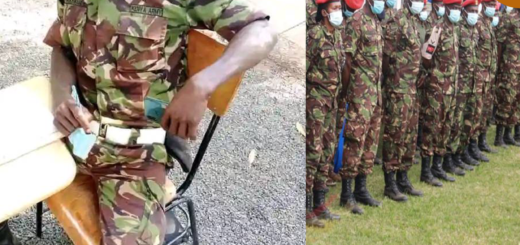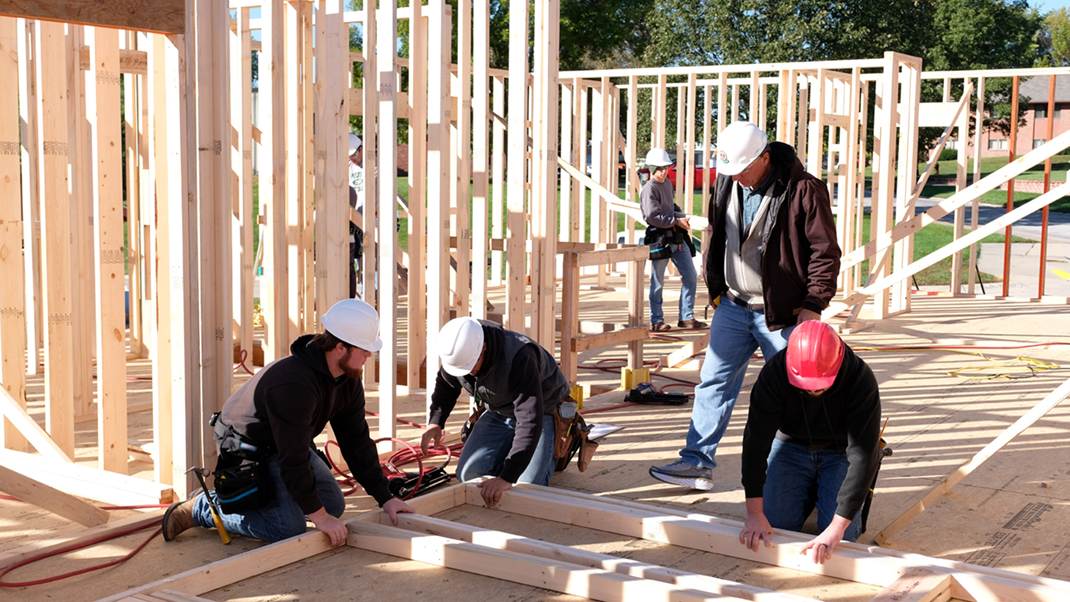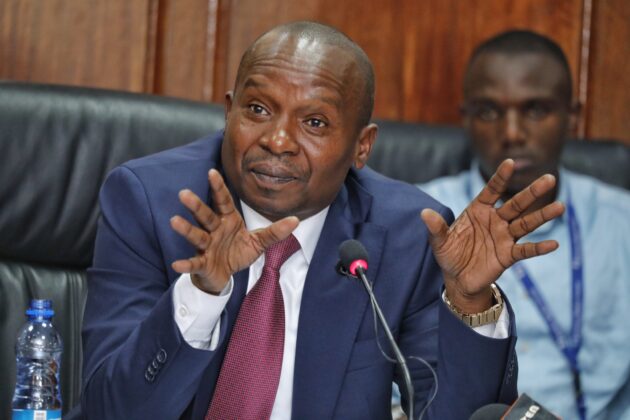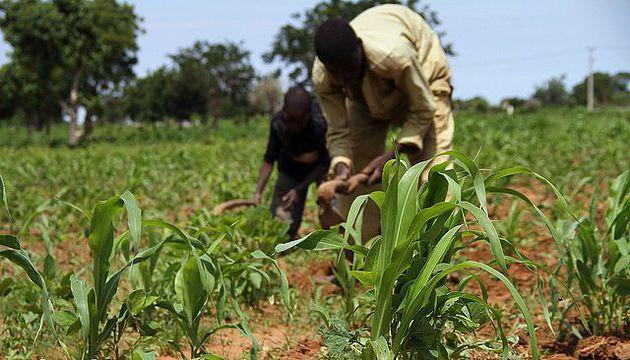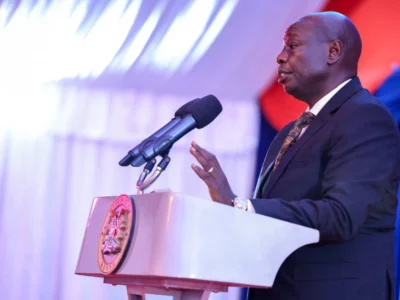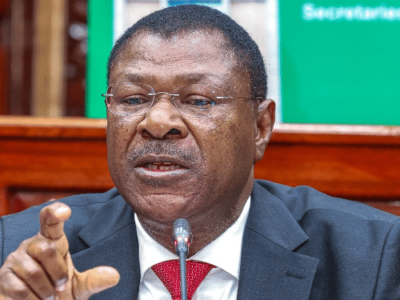Bishop Peter K’s Church Destroyed Amid Allegations of Sexual Abuse and LGBTQ+ Controversy
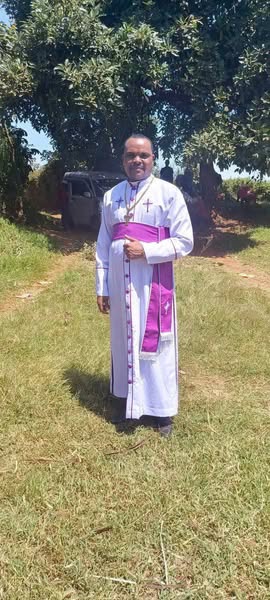
Bishop Peter K’s Church Destroyed Amid Allegations of Sexual Abuse and LGBTQ+ Controversy
In a shocking turn of events, Bishop Peter K’s church was recently destroyed and vandalized following allegations circulating on social media. The accusations claim that the bishop was involved in sexual abuse of fellow men, including a fellow pastor, and that the church was a hub for LGBTQ+ activities. Bishop Peter K has vehemently denied these allegations, calling them baseless and malicious. However, the damage has already been done, both physically to the church and to the reputation of the clergy involved.
The Allegations
The controversy began when social media posts accused Bishop Peter K of engaging in homosexual acts and sexually abusing men within his congregation. One of the most damning claims was that a fellow pastor was among the alleged victims. These allegations quickly gained traction, sparking outrage among congregants and the wider community. In many conservative religious circles, homosexuality remains a deeply contentious issue, and the accusations against Bishop Peter K were enough to incite a violent reaction.
The Destruction of the Church
In the wake of these allegations, a mob descended on Bishop Peter K’s church, destroying property and vandalizing the building. Windows were shattered, furniture was broken, and religious artifacts were desecrated. The attackers reportedly shouted slogans condemning homosexuality and demanding justice for the alleged victims. The scene was one of chaos and devastation, leaving the church in ruins and the congregation in shock.
Bishop Peter K’s Response
Bishop Peter K has categorically denied all allegations, describing them as “false and fabricated.” In a public statement, he expressed his devastation over the destruction of his church and the harm caused to his congregation. He emphasized that the allegations were part of a smear campaign aimed at tarnishing his reputation and undermining his ministry. The bishop also called for calm and urged his followers to refrain from retaliatory actions, insisting that the truth would eventually come to light.
The Broader Implications
This incident highlights the volatile intersection of religion, sexuality, and social media in today’s world. Allegations of sexual abuse, especially within religious institutions, are serious and must be handled with care and sensitivity. However, the destruction of the church and the violence that followed raise questions about the role of mob justice and the dangers of trial by social media.
The LGBTQ+ community, often marginalized in religious spaces, finds itself at the center of this controversy. While the allegations against Bishop Peter K remain unproven, the incident underscores the need for open and honest conversations about sexuality and inclusion within religious institutions. It also serves as a reminder of the harm that can be caused when rumors and accusations are allowed to spiral out of control.
Moving Forward
As the dust settles, the focus must shift to healing and reconciliation. The church community must come together to rebuild not only their physical place of worship but also their trust in one another. Legal authorities should investigate the allegations thoroughly and impartially to ensure that justice is served, regardless of the outcome.
For Bishop Peter K, the road ahead will be challenging. Rebuilding his reputation and restoring faith in his leadership will require transparency, humility, and a commitment to addressing the concerns of his congregation. Meanwhile, the broader religious community must reflect on how to handle allegations of misconduct in a way that upholds justice without resorting to violence or prejudice.
Conclusion
The destruction of Bishop Peter K’s church is a tragic reminder of the power of rumors and the consequences of unchecked outrage. While the allegations against the bishop are serious and warrant investigation, the response must be guided by principles of justice, compassion, and respect for human dignity. As the community grapples with the fallout, there is an opportunity for growth, understanding, and a renewed commitment to the values of love and forgiveness that lie at the heart of any faith.


